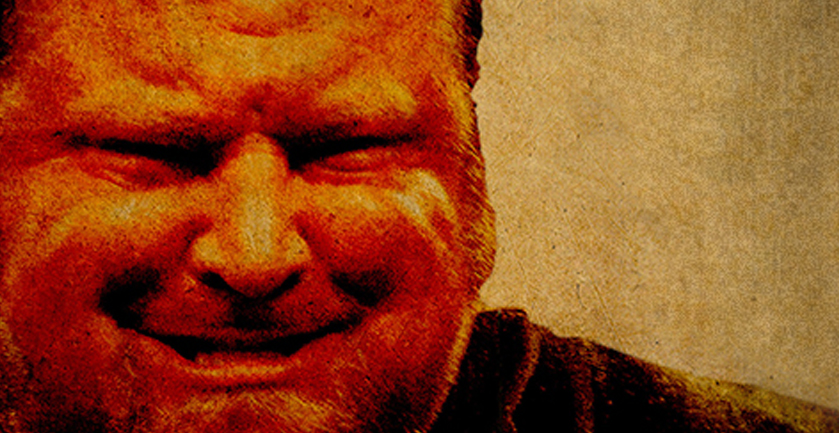
For the longest time, my health was not my main priority. It was all about how strong I could get, and I was willing to push as hard as it took to get there. It wasn't like my health was all that bad, but during this time, I let what turned out be narcolepsy and type II bipolar disorder get really out of hand. Looking back, it wasn't easy for the people around me and it actually had a negative effect on my strength. I think if I would have managed it better, I could have been even stronger.
For the first time in a long time, my health is becoming more of a priority, and I want to get these things under control. Maybe it's just that I'm so tired of dealing with them or maybe I just have different priorities in my life now. Or maybe it's that I'm just getting smarter. Nah! Either way, it is a main goal in my life right now to get my bipolar disorder and narcolepsy under the best control that I can possibly get them.
In my research and going over my history, I've spent a lot of time trying to figure out my triggers. These are the things that spark bipolar episodes or the things that start my sleep spiraling downward. There are many general triggers that effect people with bipolar disorder like stress, sleep and emotional situations. These same triggers can also effect narcolepsy, but I have been looking for triggers more personal to my life. The biggest trigger that I've found is my training, specifically overtraining of my central nervous system. I've actually know for awhile that when I get severely overtrained, my sleep gets worse and then my depression gets worse. I learned this way back in the day because one of the big symptoms of overtraining in one of my training partners was that his sleep would start to deteriorate and become similar to mine. The main difference was that his bad night was like one of my good nights.
I forced him to back off the intensity and weight and even take some time off. This quickly improved his sleep and how he felt. It was also easy to see personality differences when he was seriously overtrained. He became aggravated and irritable more easily, which cleared up with a good deload or some time off. I figured that if a healthy person is being affected in this way, what is it doing to me?
I've also noticed over the last few years that when my training wasn't as intense due to work and injuries, my sleep issues weren't as severe. I had also dropped weight during this time and I realized that carrying less body weight seemed to make these issues a bit easier to deal with. It isn't that it improved my sleep. It just made it easier to deal with. For example, a day or two of insomnia took a month or so to recover from, and being lighter, I could get back to normal much more quickly. It somehow seemed easier to fight off the depression when I was lighter as well. It seemed like it just didn't get as intense as it had been when I was at my biggest. I can't say for sure because I've changed so many things during this time, but being lighter definitely helps in some way.
With new knowledge, I'm paying more attention to these disorders, and I'm noticing how many normal life situations impact these disorders. For example, financial stress probably has an effect on everyone's sleep, but it's just a bit worse for me, meaning that my already poor sleep is made much worse, which in turn can trigger bipolar episodes. If I'm having a fight with someone I care about, it can set off an episode. If I'm already in an episode of depression, that same argument or fight can send me spiraling downward fast. These are all situations that I think everyone deals with, but in the case of a bipolar person, it's way more intense. Everyone has good days and bad days. Everyone has ups and downs. The bipolar person just has beyond the sky highs and lows so bad no one should have to go through them.
It was this thought process that led me to think it might be worthwhile to look at what helps a normal person and then intensify that. I believe situations of financial or emotional stress can be controlled by the normal person and even one with bipolar disorder. Bipolar disorder is just a hurdle that you have to figure out how to get over, under or around. The first thing I try to do now is realize the situation and get control of it as soon as possible. That may be removing myself from the situation all together, or it may be taking a minute or two to compose myself. It may be realizing that I'm really stressed out and I need to spend a day in the desert because that relaxes me. I think it goes back to a positive mental attitude and controlling yourself. It also has a lot do with admitting to myself that I have a problem and, if I let it go like I used to, it can get out of hand. Recognizing it and catching it early are big keys for me to successfully deal with this. So far it is working, although I admit that some more practice wouldn't hurt any!
Still, my biggest struggle is my biggest trigger, which happens to be one of the things that I love to do most in the world. I've been lifting since my freshman year of high school and it has been a huge part of my life. I could never let go because it is part of who I am and it is part of who I will always be. I just have to find the balance in it.
During the time I was realizing that I had these disorders, I was beginning to pick up my training. My finances were in better order, and my injuries were about as healed as they would ever get. I had done a bench meet at the end of last year, benching 735 pounds and missing 775 pounds. I was determined to get it back over 800 officially. My bench was going up, and I was around 800, but I kept triggering my sleep issues. This led to depression, so I would back off or even take a week or two off until my sleep improved. I was getting very frustrated, and I just wanted to train consistently. As I began to learn more, I decided that it was time to get my shit together and get these things under control. I made the decision to not do the meet and change my training all together. My first thought was that I just needed to take a few months off completely. That would let my body heal and level out so that I could start back fresh. I had a lot of willpower, but I decided there wasn't any way that I couldn't lift for three to six months. I had made the decision to get things under control though. Things were going to change.
Over the last three months, I've been making gradual changes to my life and training. I thought that I could take the route of more general strength training or even maybe train more like a bodybuilder. I've never really had issues with overtraining my muscle. It has always been issues with my central nervous system. I love lifting like a powerlifter though, so I decided to go completely raw and make my max effort days mostly triples instead of doing one-rep maxes or higher like I normally do. It may not seem like much of a change, but it has been huge for me. I hadn't trained totally raw for some time, and my raw strength is definitely down. This is making me work my muscle way more than my central nervous system. Not going for the one-rep maxes so often is also taking some stress off my central nervous system. I've been able to have runs of six or seven weeks without missing a training session, which is a great feeling for me. When I do feel like maybe I'm starting to overtrain or I feel an episode coming on, I back off for a short period and quickly get back on track.
I kind of feel like I'm starting all over again, going back to the basics and building things back up. I kind of like that and maybe even need it at this point. In general, my body is feeling much better, and some long-time aches seem to be clearing up. The issue with my hip that I've been dealing with for like 10 years seems to be healing up and I only feel it every once and awhile. It's very hard to take that step back and let your strength decrease even when you know it's something you need to do. I did this once before and the benefits where huge, but it's still hard for me. I'm already starting to build some strength back, and I'm really enjoying lifting right now. Granted, there are still some frustrations, but things are improving.
I have also gradually started changing how I eat and I've been watching my body weight. I've been cleaning up my nutrition but in a way that I can live with. I'm not dieting or anything like that. I'm changing how I eat for life. I haven't found any specific correlation between nutrition and bipolar disorder or narcolepsy. However, I have noticed that for me, sugar seems to have a negative effect on my depression and even my sleep. I still have some sugar, but I limit it, unlike my super heavy weight days! Ha ha! I've dropped my weight now and am right around 300 pounds. This is down from my normal lifting weight of 385 pounds. Like I mentioned, it just seems to make everything easier to deal with, and I plan on dropping down to around 285 eventually. I'm in no big hurry because I want to retain as much muscle as possible and it's about change for life, not a diet.
I'm also working on some of the things I researched and learned from the psychologist for my narcolepsy. I've been keeping to a somewhat strict sleep schedule. I try to get to bed within an hour of the same time every night, and I also get up at almost the same time every day. This seems to be helping keep my sleep a bit more consistent, but it is hard to fight the urge to stay in bed all day on the weekends when I don't work. When I think back to the past, these may have been mistakes I made, spending my weekends in bed. I figured it was the best chance I had to get some rest and recover, so my whole weekend was eating and staying in bed. I now understand that it only messed up my sleep-wake cycle even more.
Currently, on my free weekends, I get up at the same time and then try to take a two-hour nap during the day. This seems to not mess with my sleep-wake cycles so much but still allows me to get some rest. I'm also shutting off most of the lights in the house a couple hours before bed and then trying to get in the light as soon as I get up. They say this will help adjust my body to normal sleep-wake cycles. I'm also looking into a therapy light to sit in front of for awhile upon first waking. I think because summer is almost here, I'll try just sitting in the sun for 15 minutes when I first get up. If it works, I'll get a light before next winter.
I'm still very undecided about the medications. Like I've said, I don't want to take them unless I have to, but what if they can help? I've been on Seroquel for my sleep for many years but have titrated myself from 300 mg a night down to 25 mg. This does little to help keep me asleep, but it does help me fall asleep. I try to take it a couple hours before I plan to go to bed because it seems to help keep me on a schedule. It turns out that Seroquel is also prescribed for bipolar disorder, but I haven't noticed that it helps at all. There are a few new medications for narcolepsy that I'm looking into and may end up trying. The bipolar medication tends to be pretty heavy stuff and can have some serious side effects. I'm just not sure that I want to try any of it. When I'm fighting depression for months at a time, I tend to think about it, but I just don't like the idea. I have this concern that the medications will make me not me. If I don't feel the highs and lows, am I still the same person or someone different living in the middle? I haven't made a decision on that yet. I haven't ruled it out, but I'm just not sure yet. I'll do more research on the subject and continue to see how much improvement I can make without them.
So what does the future hold and how will I attack that? I feel like right now, things in my life are pretty good or, at the least, stable. I feel like I'm leveling myself and my life out. I still suffer from depression, but in the scope of depression, I can handle these episodes. My sleep still sucks and I'm so tired most of the time, but it's much better than it was. The way I see it, I'm always going to have to fight and deal with these things. It's just life.
I'm happy with my training at the moment, at least in terms of consistency. I'm not at all happy with my strength, and I can feel that hunger growing to pick up the pace. I'm getting older and have had a lot of injuries. I fully understand that we only have a very small window in our lives to hit maximum output of what we are truly capable of. Still, I want to be as strong as I can for each period in my life, and I love lifting heavy. I'm being patient, but I'm very anxious to start training heavier again.
I think a lot about how to move forward in my training without letting my disorders get out of control. This leads me back to the past to realize the things I've done wrong and that I should've changed. It leads me to the present to see what is working right now. I believe the worst thing that I did in the past was not paying attention to the triggers and pushing beyond what my body could handle. I just didn't have the right knowledge at the time. I think I should've taken time to back down from my training to let my body heal from time to time. I should've done things like take a couple month to do triples or fives on max effort days because I believe this is less stressful on the central nervous system. I even believe that it would've been good to have months of just raw work, which is, again, easier on the central nervous system.
My training partners never had issues like I've had, and they keep training strong without doing these things. I'm not sure it would have been a benefit to them and I actually think it would have slowed their gains. I always preach that we are all different and need to find what works for us as individuals. The fact is I'm bipolar and I have narcolepsy. It is also a fact that these impact my strength training and my recovery because my body is more sensitive to it. What I'm working on is realizing that while making it work despite these disorders. There is always a way. It just has to be figured out and followed through on.
My plan for the near future is to keep lifting raw. I'm not saying that I won't get in gear again because I love lifting in gear, but for right now, I feel raw is the best way for me to go. It has been less stressful on my central nervous system and has been much better for my bipolar disorder and narcolepsy. I'm speeding up the tempo of my dynamic work, trying to get in better shape, and hopefully helping my recovery. I'll be staying to mostly triples for the next few months and then gradually going more to singles. I want to do this gradually to see how it affects things. I'll possibly go to all single maxes for a couple months and then back to triples. I'll also continue to drop a little more body weight. I don't ever plan on going back up to where I was. This is against my strength philosophies because I believe it's easier to get stronger while you get bigger, but this is no longer an option for me.
I've also been experimenting with lighter weights and higher reps in some of my supplemental exercises. It seems to help with my joints and even recovery. The biggest thing is to get to a level place where I feel good and then start fresh. I need to be open-minded but remember what I already learned. I need to add and change things gradually while keeping a close eye on how I'm dealing with my bipolar disorder and narcolepsy. I'm still learning about my triggers and how to realize when episodes are starting. If I need to back off, I will, but I don't want to back off training if I don't need to. I feel like I'm now in a position where I can start pushing things a bit. I feel that I'm better able to quickly catch if it's too much and pull it back without sending myself over the edge or spiraling down to a place I never want to go again. I'll be taking my time and watching very closely when I do start picking things up.
I truly believe that we all have issues and our own demons to deal with. My situation is really no different than what everyone else has to deal with. Bipolar disorder and narcolepsy are just my own little demons that I have to keep in line. It doesn't mean I can't still do some amazing things and strive to be my best. I'm pretty proud of the things I've already accomplished in the world of strength, and I'm not anyone special. If you have issues like mine, you can do what I did if you set your mind to it. If your issue are less or if you don't have any issues at all, you dam well can do some crazy, great things. Never let your issues keep you down or make you think you can't achieve something. It's simply a matter of discovering a new solution to a problem. Never limit yourself for any reason, and always keep a positive mental attitude.
I'll close this very long three-part article series by telling you what I told the last psychologist. We were talking about my bipolar disorder and narcolepsy and how they affect each other. I said, “I'm just all kinds of f@#$%& up!” She went into this emotional speech about how I should never say that and that I'm not f'ed up. I had to explain to her that f'ed up isn't a bad thing to me. It's just the truth. They don't call them disorders because they're normal. What is normal anyway? We are all f'ed up in some way, so maybe f'ed up is normal.
When you boil it all down, this is me f'ed up or not, and I'm OK with that. If someone sees me differently because of the things I've had to deal with, that's fine with me because they weren't really people I needed in my life anyway. Like the wise man Popeye always said, “I am what I am and that's all that I am!” I say, “I am what I am, so I'm going to be the best that I am!”









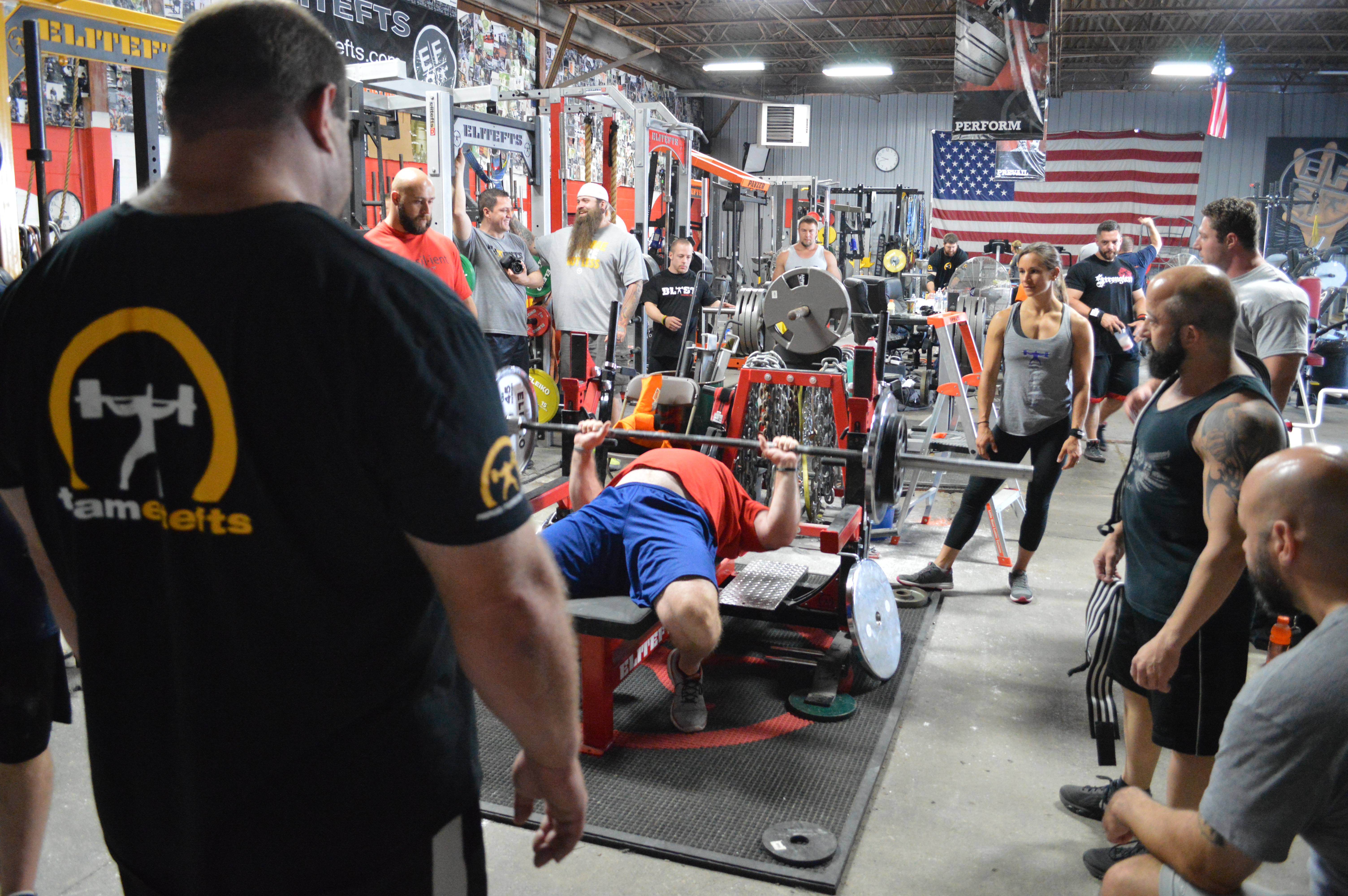
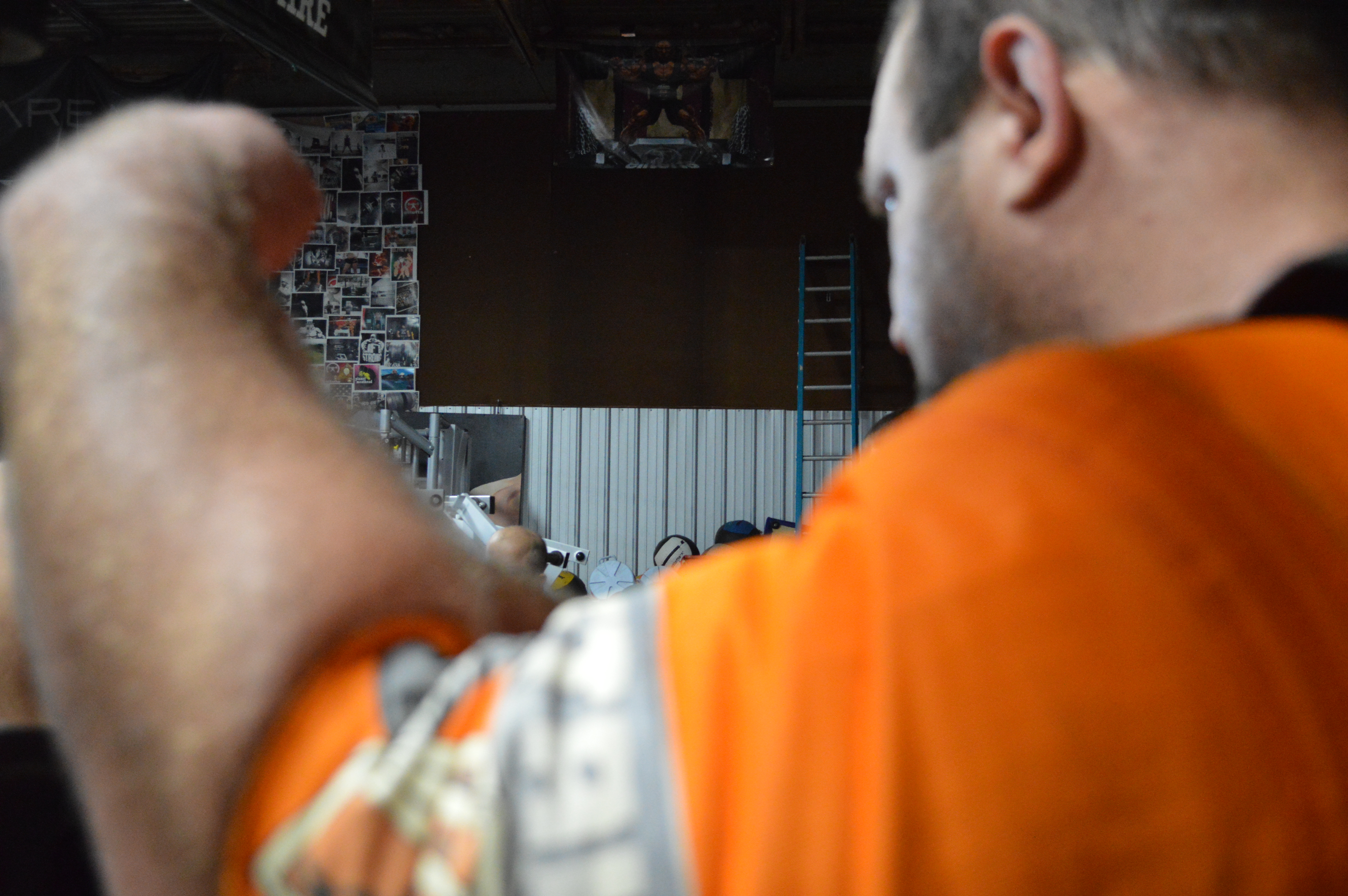
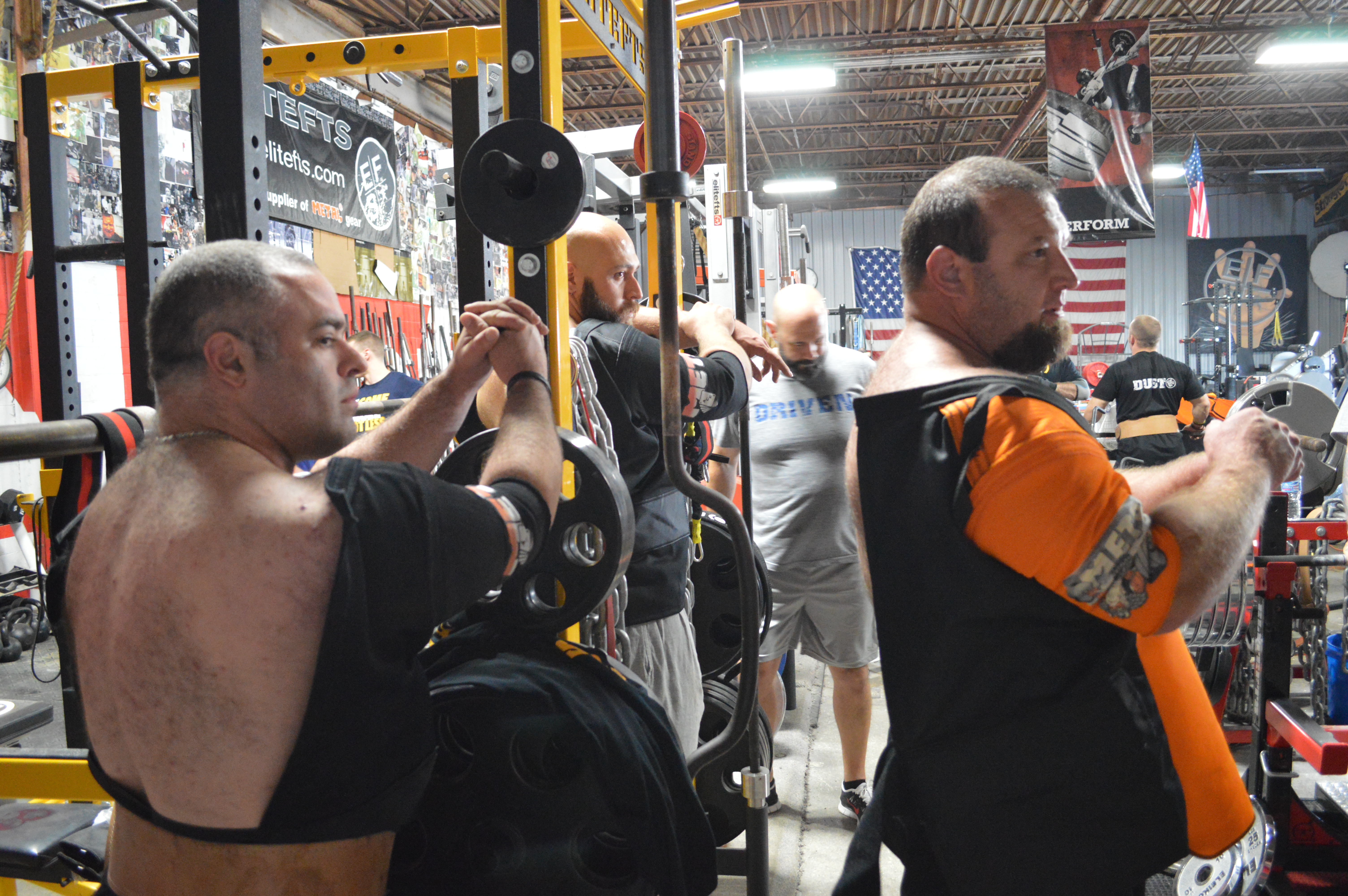
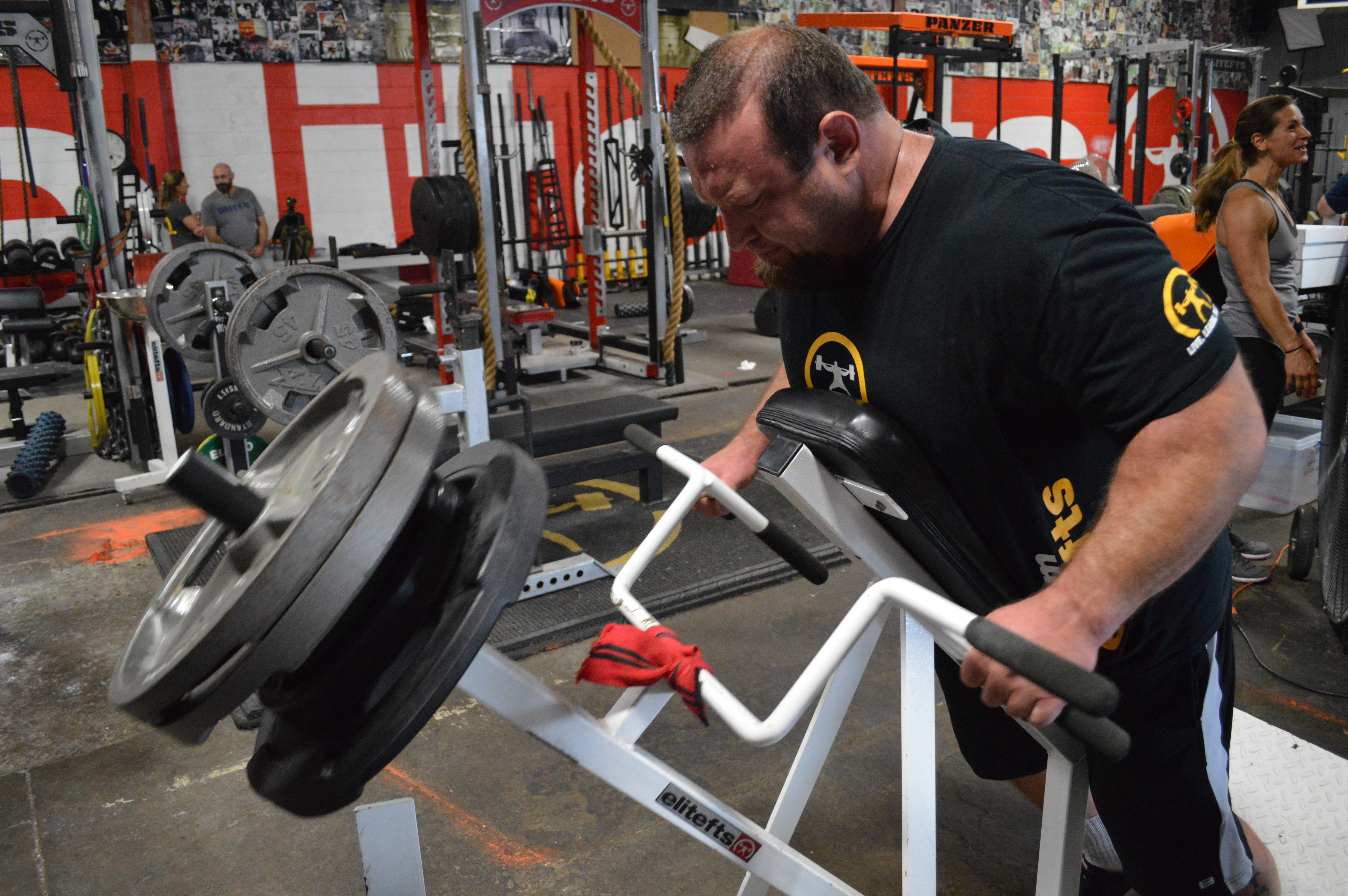
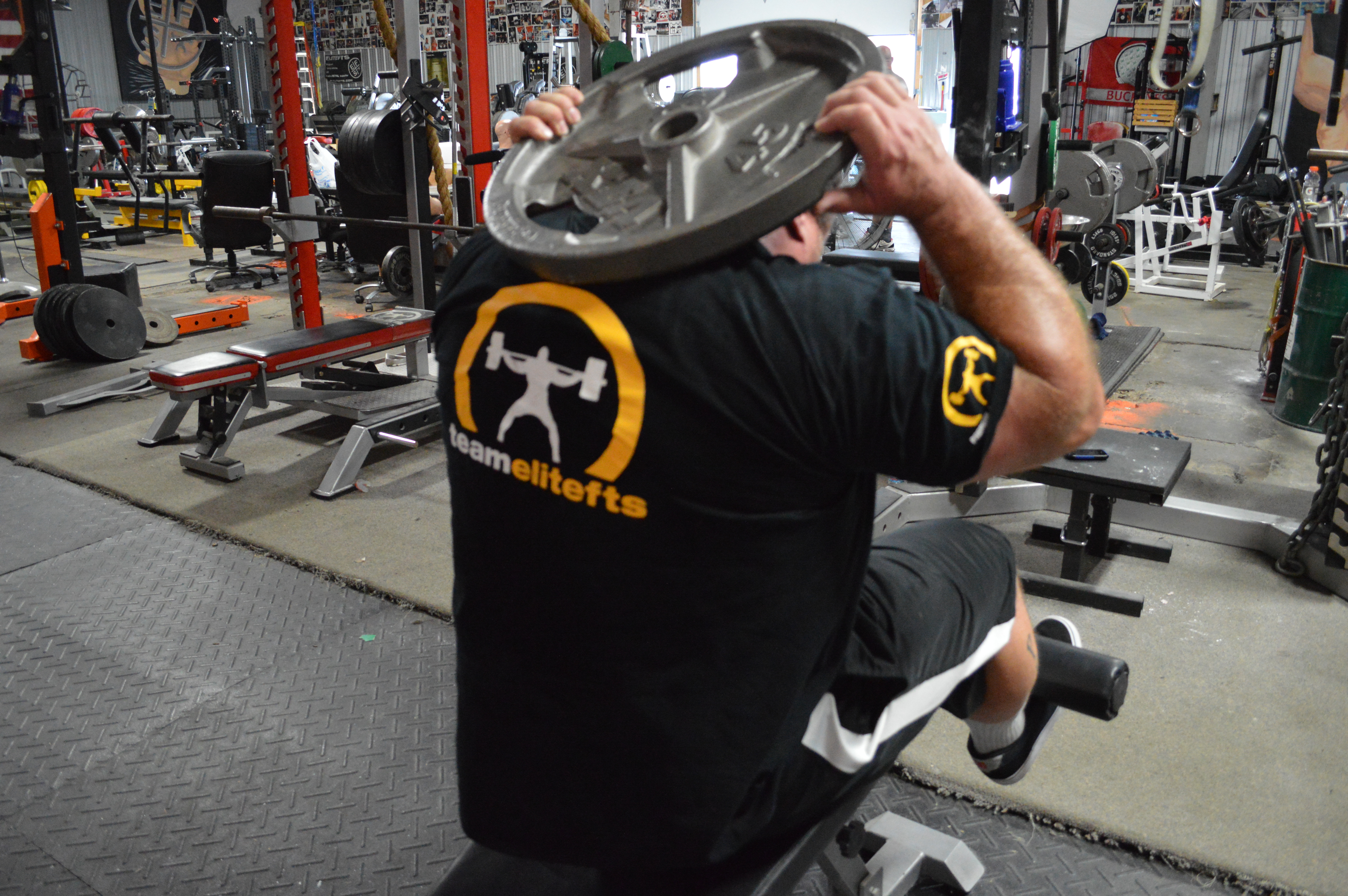
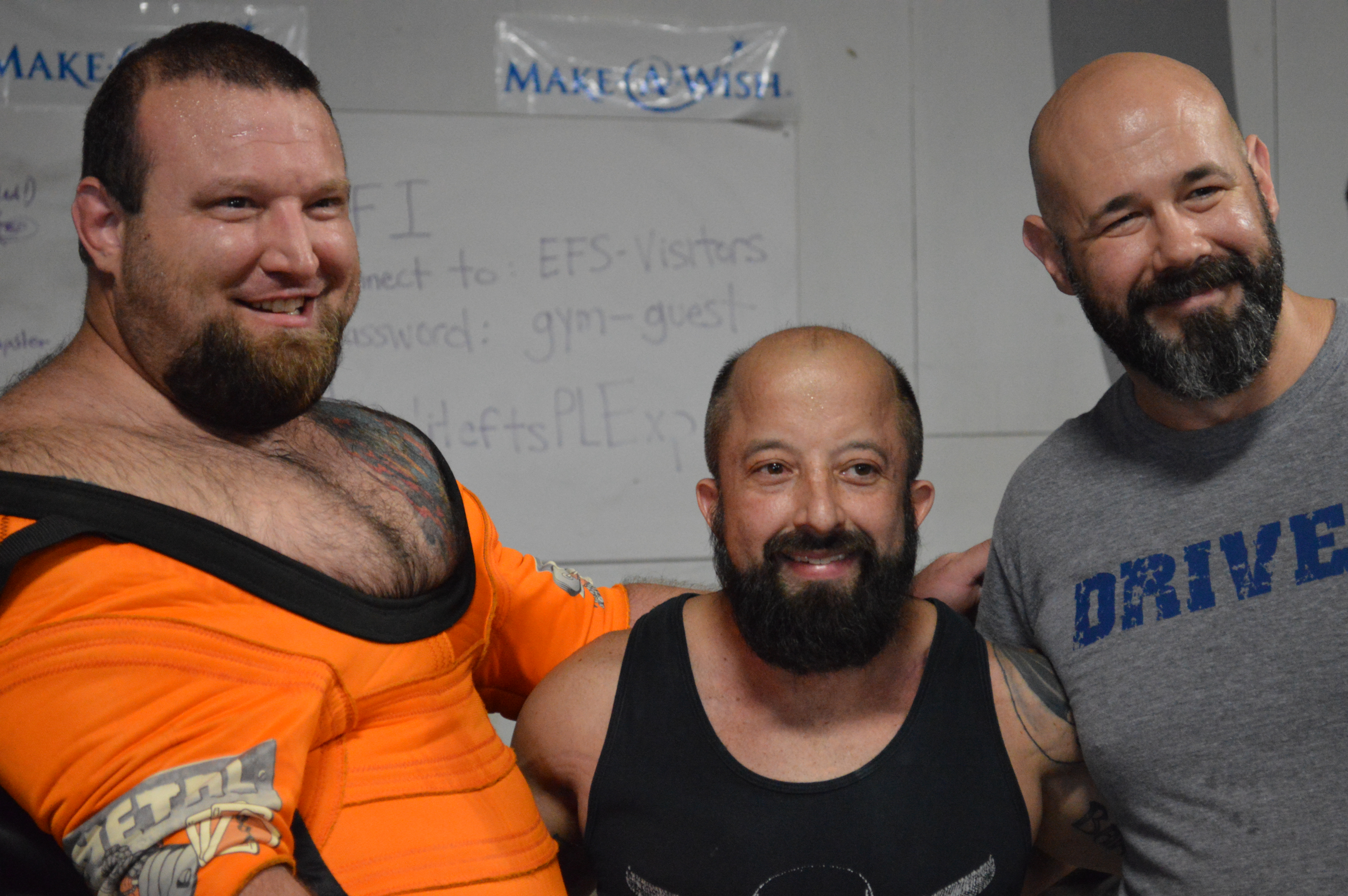


In the past I've been "ashamed" to admit to being bipolar, but I'm starting to come out of my shell and really appreciate articles like yours.
THANK YOU!
Although I am not Bi-Polar, I have been diagnosed with moderate/severe depression. I'll tell you just like I tell anyone who asks or tells me that they don't want to take meds. I am not defined by the medications. The meds allow me to prioritize the information and then decide what happens....before meds, I just reacted - usually in a bad way. It took about 18 months before we got the meds and dosages right, so be patient if you decide to try meds. Also don't be afraid to tell your doc any little side effect that you notice....even as mundane as dry mouth. Sometimes the next medication is just around the corner.
-D-
I dont think working night shifts helps, my sleep isnt great but even after good sleeps my depression and anxiety can hit me like a train. Arguing, bad training sessions or work can all set it off. its a struggle.
Thanks for this article Chad
O.